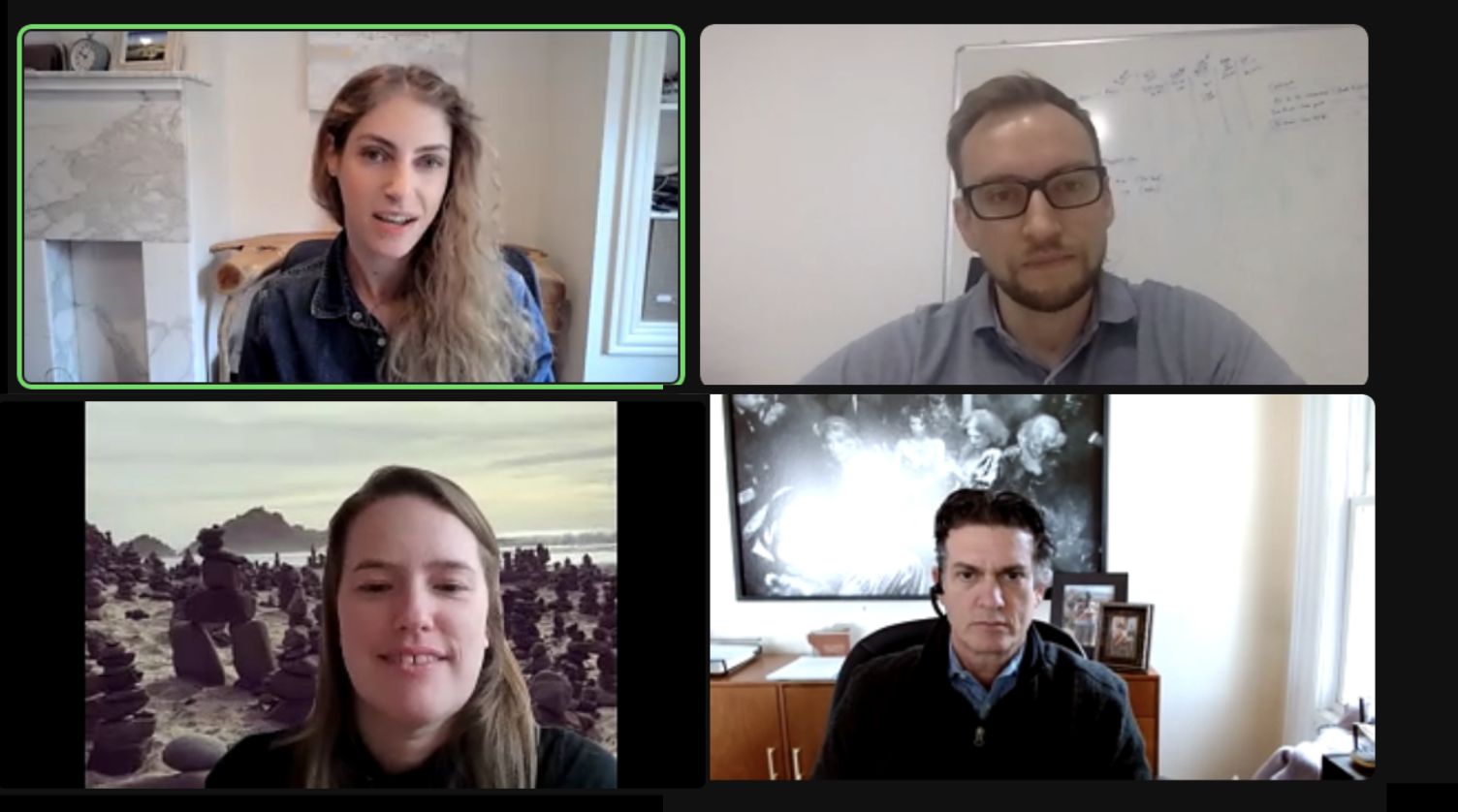ImpactAlpha, Apr. 1 – High-impact investments in fragile countries invariably entail political risk. And impact investments in a free press, humanitarian tech, financial inclusion and more may help mitigate such risks.
Agents of Impact on Call No. 40 explored how to manage, rather than flee, political risk.
“We’re financing companies that generally face significant political risk, beyond the normal kind of country level risk,” said Harlan Mandel of Media Development Investment Fund. “Specifically, they’re often in a challenging relationship with their governments.”
Revenues for the media outlets MDIF has funded in Ukraine have collapsed as advertising has vanished. But web traffic has surged as citizens seek out reliable news. In response, MDIF is mobilizing cash, newprint that previously came from Russia and hard-to-come-by body armor for its portfolio companies.
“Assessing the leadership of these companies, and their understanding of their environment, and their judgment in navigating those challenges is a key part of our process.”
Boots on the ground
“Political risk is our friend,” said Jessica Bleyzer of SigmaBleyzer, which has invested $1 billion in Ukraine over 25 years. Bleyzer’s parents emigrated from Ukraine in the 70s and 80s.
Political risk “is undeniable when you’re trying to invest in countries like Ukraine. Bleyzer says to weather conflict SigmaBleyzer prepares its entities to be free of debt and to have plenty of cash on hand.
With staff in-country, “we have an intimate understanding of how the country works, of the culture, of the problems, the pluses and minuses. So we’re able to account for those things.”
Bleyzer is also on the board of the DAAR Charitable Foundation, a nonprofit focused on Ukraine. The foundation has been focused on delivering humanitarian aid, food, medical supplies, pharmaceuticals, body armor and helmets for civilians, and civilian volunteers, including journalists and medical personnel.
Bridging the gap
Whether for a microfinance organization in Ukraine or solar panel installer in rural Democratic Republic of the Congo, “we are focused on unsticking funding and financing that’s caught in the red tape of cross-border investing,” said Caroline Bressan of Open Road Alliance.
A $1 million short-term bridge loan to U.S. social venture Hala Systems gave the company a cash runway to bring to Ukraine its early warning system that alerts civilians to incoming airstrikes.
“How do you get that money into the hands of entrepreneurs that are actually going to be doing the hard work on the ground?” Bressan asked. “They need to pay salaries, they need to keep investing in their impact. So we give them bridge loans to get to that point.”
Global citizens
The talent flowing out of Ukraine, Russia and Belarus represents a new kind of global citizenship, said Daniel Kozlov of Global Venture Alliance, who with his family left Moscow after the invasion and joined the call from Hyderabad, India.
Perseverance is what keeps entrepreneurs going, says Kozlov. “Now, this is a whole other level of perseverance that’s required.”
Some 50,000 IT specialists have already left Russia, says Kozlov, with another 70,000 to 100,000 expected to leave in April. “There’s an exodus,” he says. “Now, the question is, how many people will go back to their home countries after this is over?”
“Maybe they can show the world that they also disagree with the current regime,” he said. “Maybe one day they will come back and rebuild the country once the political regime changes.”











